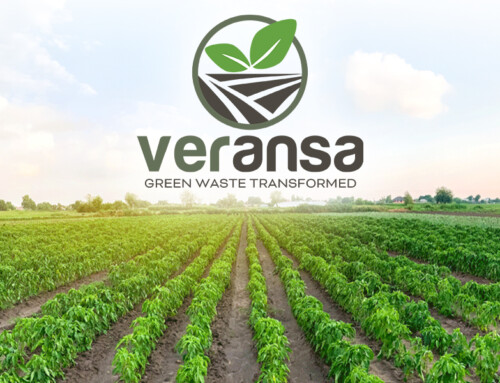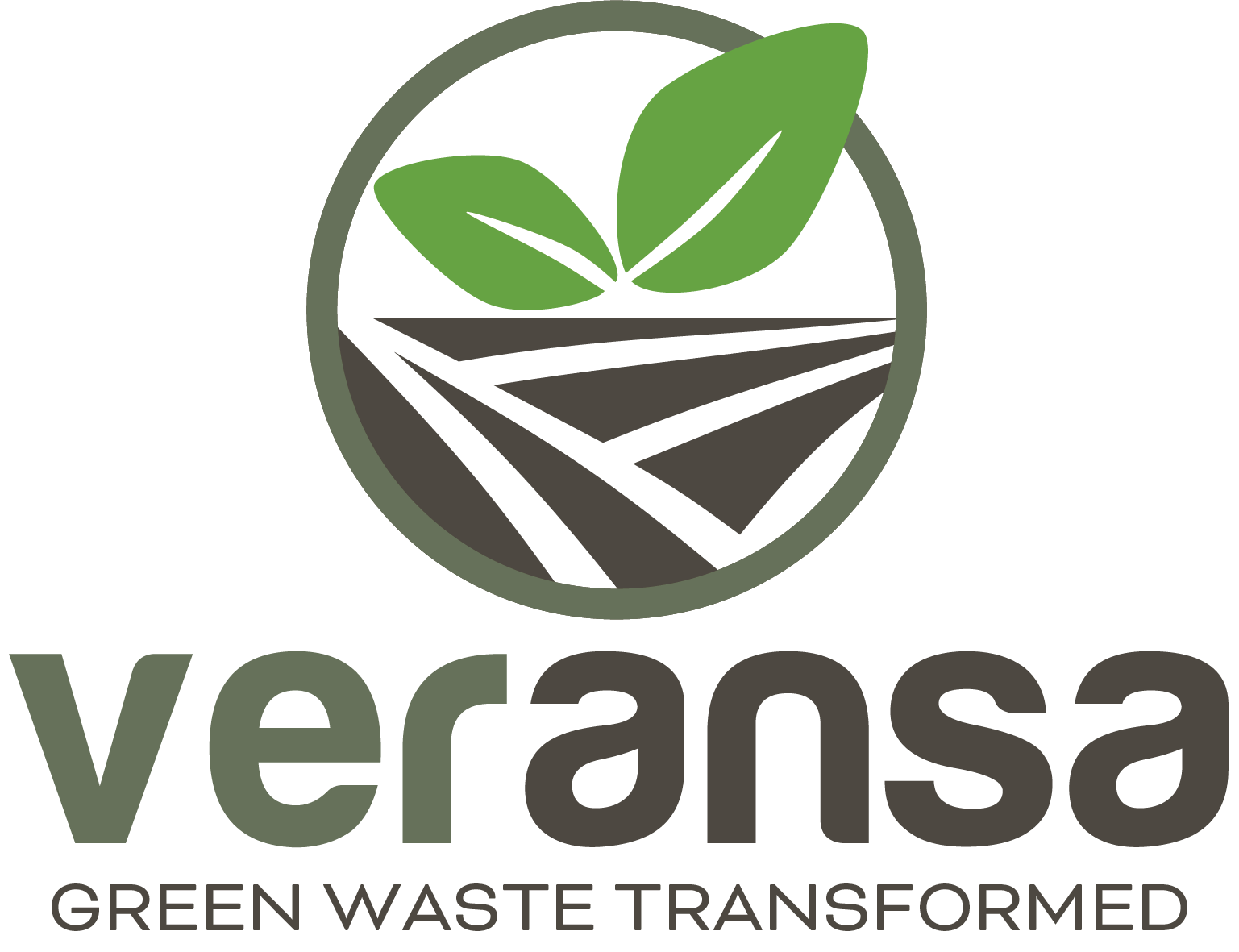1- RETHINK YARD WASTE:
So often, here in Florida, we see homeowners adding their yard waste – grass clippings, palm fronds, branches, etc.—in their regular trash cans for curb-side pickup. This adds organic matter and wood to our landfills where it decomposes, emitting methane gas, without adding nutrients and organic matter back into soil…the way nature intended. If you Rethink Yard waste and start to think of it as a valuable commodity. This year, opt to take your yard waste to a local yard waste disposal facility instead. There are many to choose from. A simple internet search is sure to give you good results for a nearby facility.
Yard waste that is properly disposed of in this way, has a far greater chance of being used as a commodity or feedstock to process and transform into compost, soil, or mulch. These products are applied into or on top of soil, where they can properly decompose the way nature intended, adding organic matter, nutrients and beneficial organisms back into the soil.
2- REGENERATE LAWNS NATURALLY:
This spring, ditch the lawn fertilizers. When giving your lawn an extra boost to revive and rejuvenate it, opt for a compost-based top-dressing instead of using fertilizer. The state of Florida bans fertilizer use from June 1 to September 30. But you can opt to ditch those year-round. The manatees will thank you. Applying a top-dressing will garner better, longer lasting results, and will reduce your irrigation needs by 30%+.
Veransa’s REGEN-Turf® is one of several options on the market. We prefer ours because it’s the only certified organic top-dressing. It is OMRI-Listed® and STA Approved by the US Composting Council. https://www.veransa.com/50/newpage
3- RETHINK KITCHEN SCRAPS…COMPOST THEM:
Compost your organic waste…kitchen scraps, cardboard, paper, etc. Composting is easy and has many benefits.
According to the Environmental Protection Agency (EPA), 8% of greenhouse gas emissions come from food waste, most of which occurs at home or while food is being produced. Composting reduces food waste by creating a way waste can be broken down and utilized as a fertilizer. Additionally, composting keeps this biodegradable waste out of landfills, where a lack of oxygen prevents it from breaking down properly.
Your home-made compost has many benefits. Compost will add macro and micro nutrients to soil, while also adding beneficial micro-organisms, which are not present in chemical fertilizers. Compost will help soil keep its structure so it can better retain water and decrease runoff. Healthy soil structure also means nutrients are released over a longer period of time. Many people don’t realise that use of chemical fertilizers on sandy native Florida soil leads to a lot of waste in fertilizer. Most of it ends up seeping through into the watershed, or running off into our water ways, exacerbating buildup of toxic red-tide.
If this all sounds too complicated to implement, then even opting for compost instead of chemical fertilizers will make a positive difference. At Veransa we don’t add any food scraps to our organic compost. Our REGEN Florida Organic Compost has 0 food scraps in it. But composting your food scraps is an easy way for anyone to contribute to building a more sustainable future.
The EPA is a good resource for how to start composting at home:
https://www.epa.gov/recycle/composting-home





